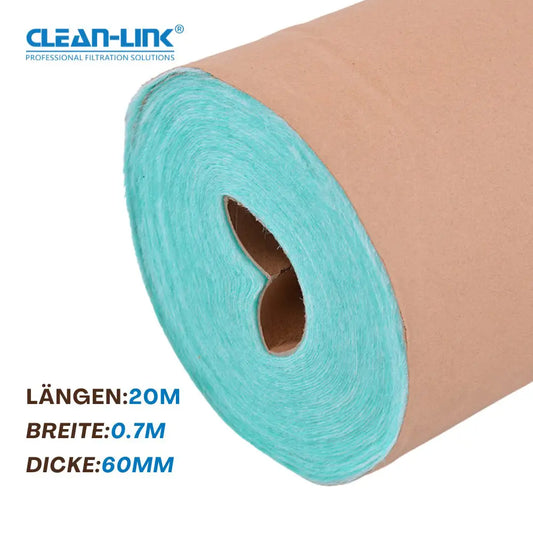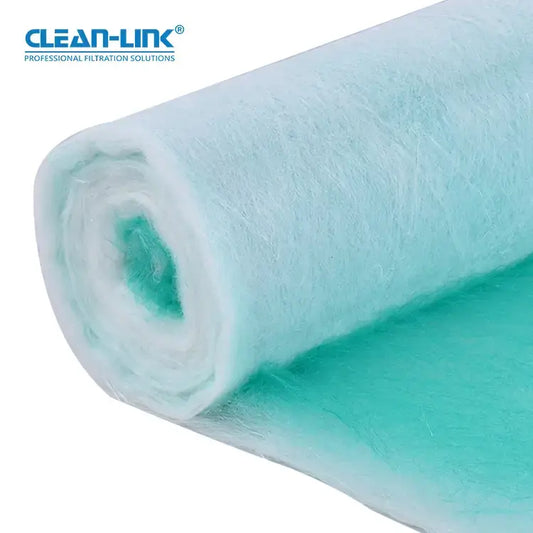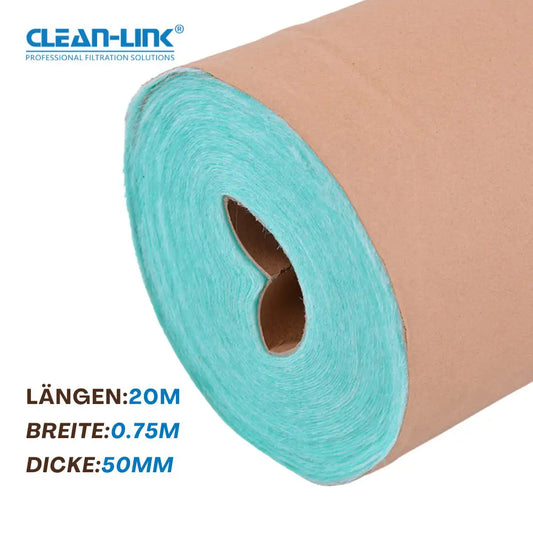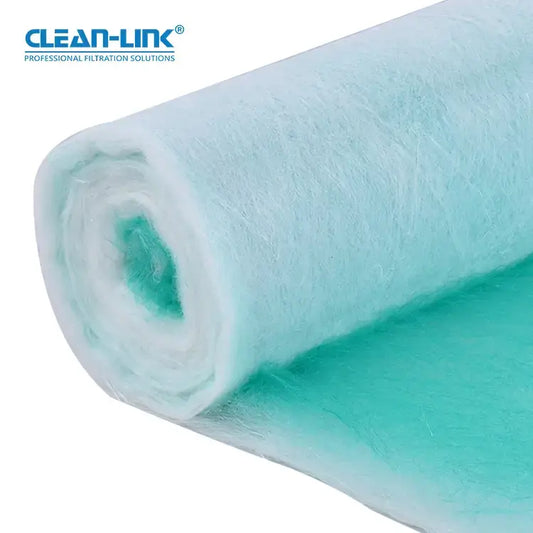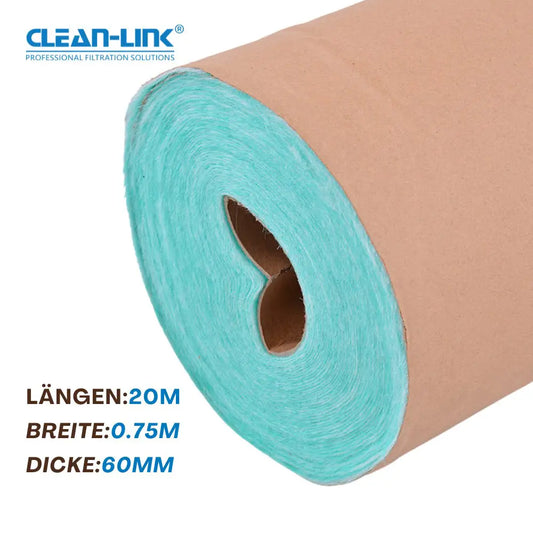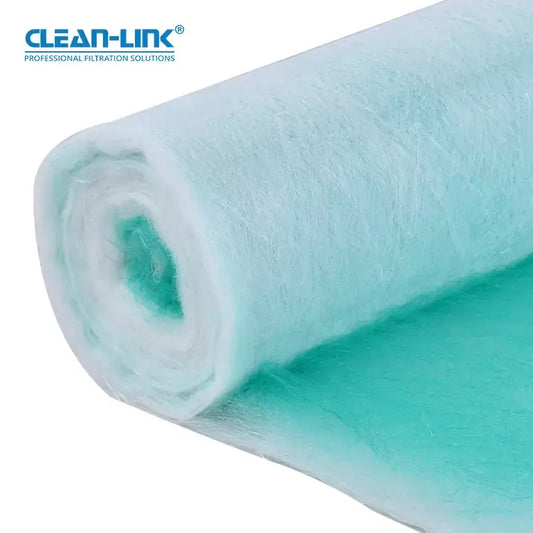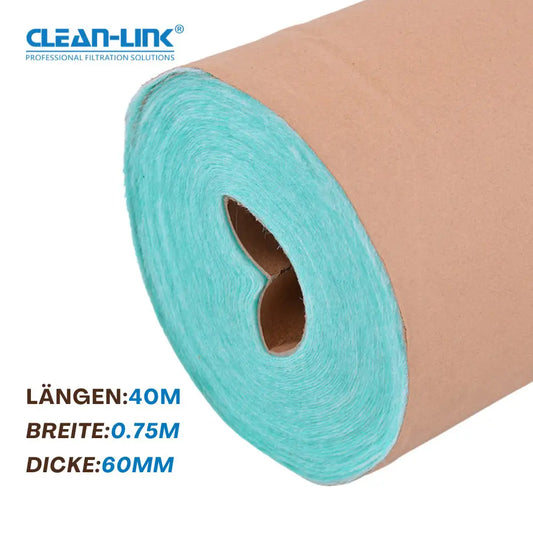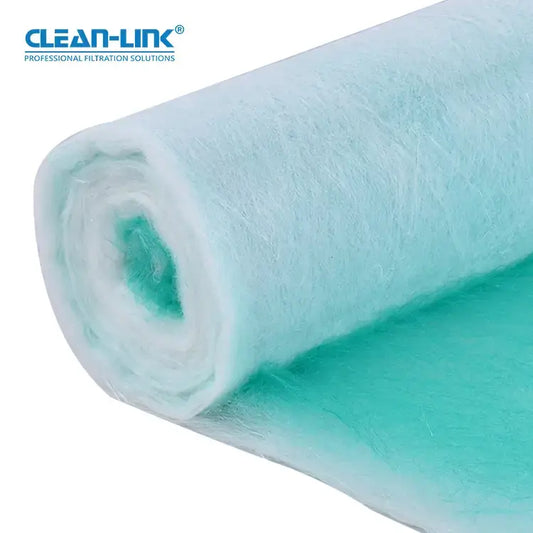Protecting Health with HEPA Filters
In today's bustling urban environments, where millions rely on public transportation like subways for daily commutes, ensuring clean air in confined spaces has become more crucial than ever. Among the various solutions, the introduction of effective air filtration systems stands out as a paramount measure to combat airborne pollutants. One such solution is the HEPA Filter, an innovative product designed to purify indoor air and safeguard public health.
Installed primarily in air purifiers, the HEPA Filter is a versatile product suitable for a wide range of public settings, including homes, offices, hospitals, hotels, and automobiles, as well as industrial sites like factories and sewage plants. Its application extends to comprehensive air treatment, addressing the diverse needs of residential and commercial spaces alike.
Key Features:
-
Advanced Filtration Material: The filter material utilizes either glass fiber or PP high-efficiency filter paper, ensuring exceptional air purification performance.
-
Customizable Options: With options tailored to different space sizes, users can select the appropriate filter to suit their specific needs, ensuring optimal air quality management.
-
High Particle Removal Efficiency: The Purifier HEPA Filter boasts an impressive filtration efficiency, capable of removing up to 99.97% of particles in the air, including dust, pollen, pet dander, and other harmful pollutants.
Enhancing Air Quality in Public Spaces:
The significance of effective air filtration systems, such as the Purifier HEPA Filter, becomes apparent when considering the challenges posed by urban environments and crowded public spaces. In subway systems, where passengers are confined within enclosed carriages for extended periods, the risk of exposure to airborne pollutants is heightened. Factors such as mechanical pollution from braking systems and track friction, coupled with biological contaminants from densely packed commuters, contribute to compromised air quality within subway environments.
The Solution: HEPA Filter
By incorporating HEPA Filters into subway ventilation systems and air purifiers within stations, transit authorities can significantly reduce the concentration of airborne pollutants, thereby enhancing the health and well-being of passengers. These filters effectively capture particulate matter, allergens, and microorganisms, ensuring cleaner and safer indoor air quality for commuters.
Conclusion:
In the quest for healthier urban environments, the adoption of advanced air filtration technologies is indispensable. The HEPA Filter stands at the forefront of this endeavor, offering a reliable solution for combating airborne pollutants and promoting public health. With its superior filtration efficiency and versatile application, it represents a vital tool in the pursuit of cleaner, safer, and more sustainable public spaces. As cities strive to create healthier living environments for their residents, the implementation of Purifier HEPA Filters emerges as a crucial step towards achieving this goal.

